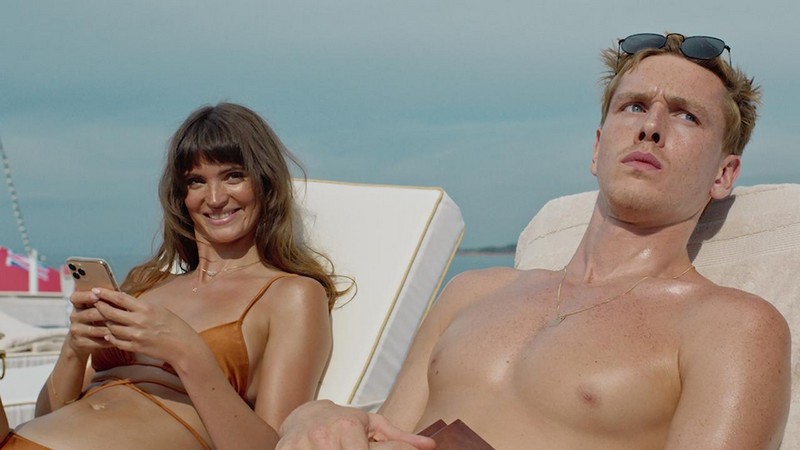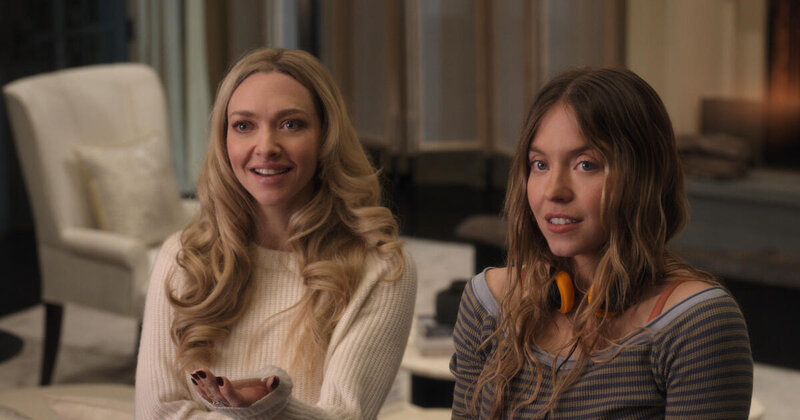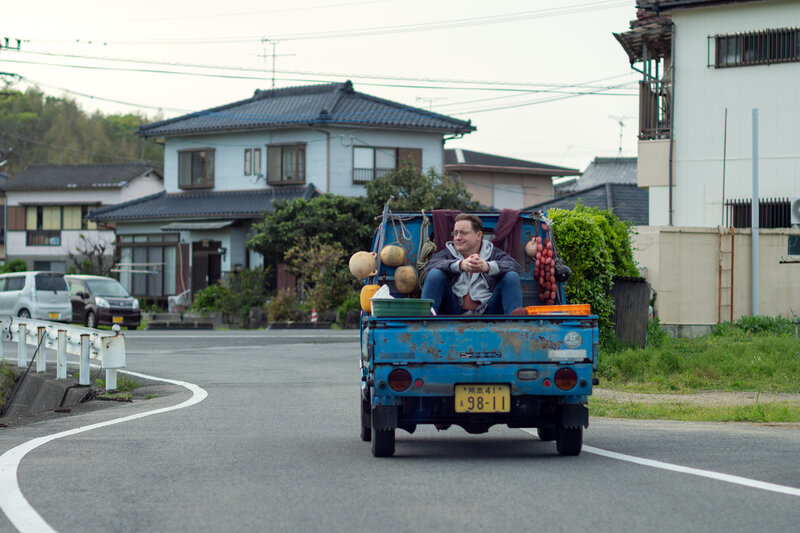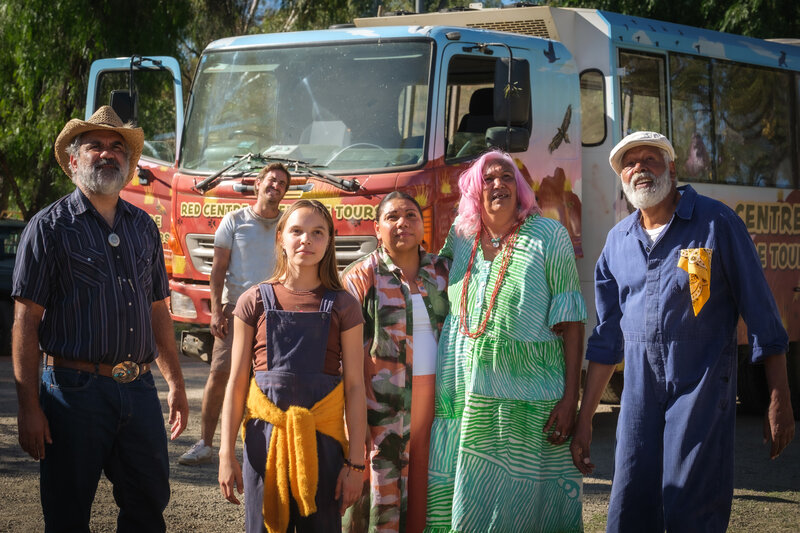I find Ruben Östlund a polarising filmmaker. In my experience, you either “get” him or you don’t. While his 2014 film Force Majeure was well-received, his 2017 art world parody The Square left many cold. Even so, it picked up the Palme d’Or at Cannes; so obviously someone liked it. His latest film, Triangle of Sadness – also a Palme d’Or winner – is somewhere between the two. It doesn’t really have the lighter touch of Force Majeure (it is a comedy, but a very dark one), but it’s also a lot more accessible than The Square.
Triangle of Sadness is another parody, this time taking on the excesses of the super-rich. And while that might be low-hanging fruit, Östlund (who also wrote the screenplay) flips the narrative in the third act in a really interesting way. He also cleverly explores how beauty, celebrity, money and power all intersect with each other in a thoughtful, if not always *cough* palatable way.

The film opens by introducing male model Carl (Harris Dickinson) and his supermodel girlfriend Yaya (Charlbi Dean). Their relationship is somewhat strained because Yaya earns far more money than Carl, but is correspondingly stingier with it. Perhaps looking for a re-set, they take a cruise on a luxury charter yacht. Like something out of Below Deck, the crew are trained to meet the guests’ every need – indeed, whim. Guest services coordinator Paula (Vicki Berlin) impresses on them the (financial) need to be accommodating to all. The guests include manic Russian oligarch Dimitry (Zlatko Burić) and his wife Ludmilla (Carolina Gunning); the ditzy Vera (Sunnyi Melles) – who might have dementia; and elderly British couple Clementine (Amanda Walker) and Winston (Oliver Ford Davies). Yaya spends the first part of the cruise working on her tan and her Instagram feed, while Carl tries to find connection among this assembly of strangers.
The dark cloud on the horizon is the Captain (Woody Harrelson). He won’t come out of his cabin for several days – apparently spending those days on an alcoholic bender. His second-in-command Darius (Arvin Kananian) tries to keep everything as normal as possible. However, an important event is coming up – the captain’s dinner. This seems to awaken something in the Captain, who insists that the dinner go ahead even though bad weather is forecast. But that dinner will prove eventful in more ways than one.
The dinner scenes alone are worth the price of admission here, as Östlund creates an evening you won’t soon forget. This is Östlund at his outrageous best. Elsewhere though, the film becomes very “talky” – another Östlund trademark – which many will find infuriating. The film walks a fine line between sharp observation and blunt lecturing. All of this is to say that Triangle of Sadness was a mixed bag for me. When it’s good, it’s great; but it also lost me at times.
Östlund’s regular cinematographer Fredrik Wenzel does some fine work with the camera, including one truly extraordinary shot.
Harris Dickinson (Where the Crawdads Sing) and Charlbi Dean (Don’t Sleep) made for photogenic leads, even if the glamour fades fairly quickly for their characters. Knowing that Dean passed away in August adds a tinge of melancholy to the film, particularly in the later stages. I did however enjoy Dickinson’s performance as he transforms in the second half of the film. Zlatko Burić is terrific in a smaller role as the Russian billionaire; as is Dolly De Leon, whose character Abigail assumes greater significance as the film goes on. But unquestionably the most memorable performance comes from Woody Harrelson (Venom: Let There Be Carnage) as the rather unhinged Captain.
Triangle of Sadness will certainly appeal to Östlund’s many fans. If you were in the tank for The Square, you’ll almost certainly enjoy this. For everyone else, I guess it depends how adventurous you’re feeling. Östlund has a particular style that perhaps doesn’t always translate well to mainstream audiences. But if you want some sharp satire of late-stage capitalism around the most consumer-driven time of the year, this could be for you.
David Edwards
Other reviews you might enjoy:

David Edwards is the former editor of The Blurb and a contributor on film and television





